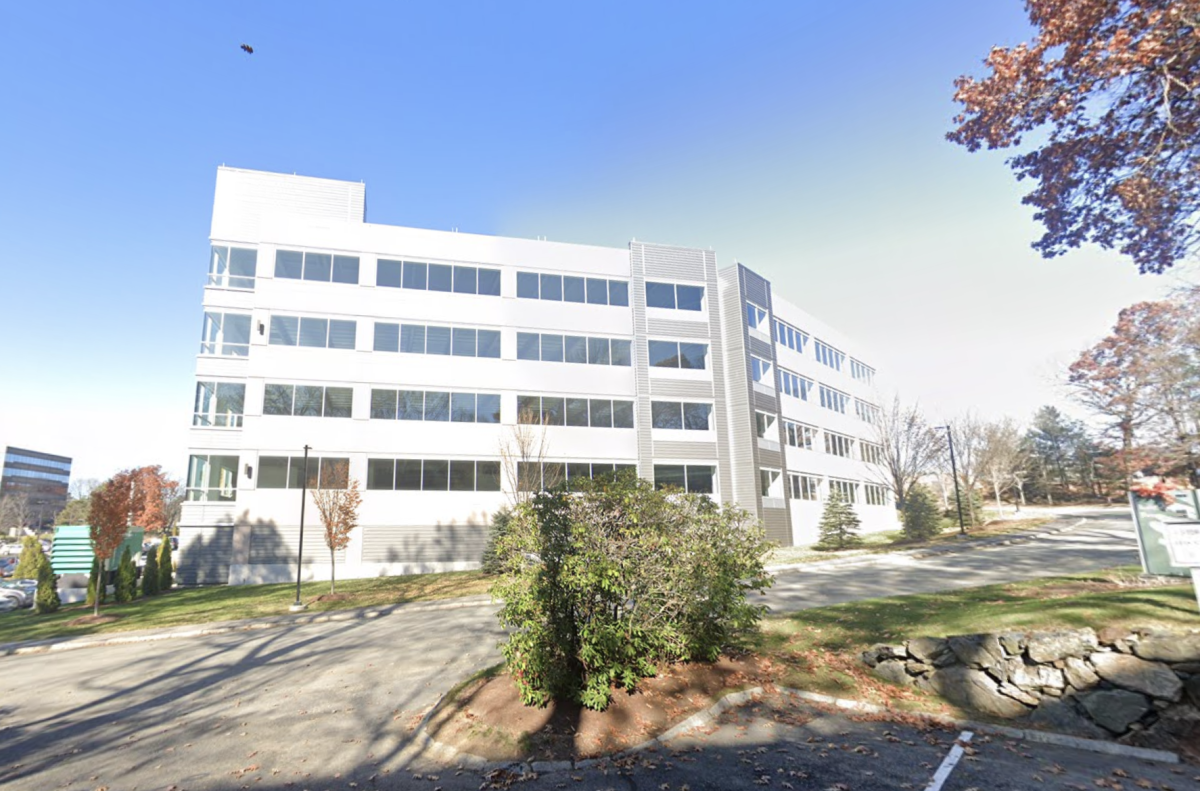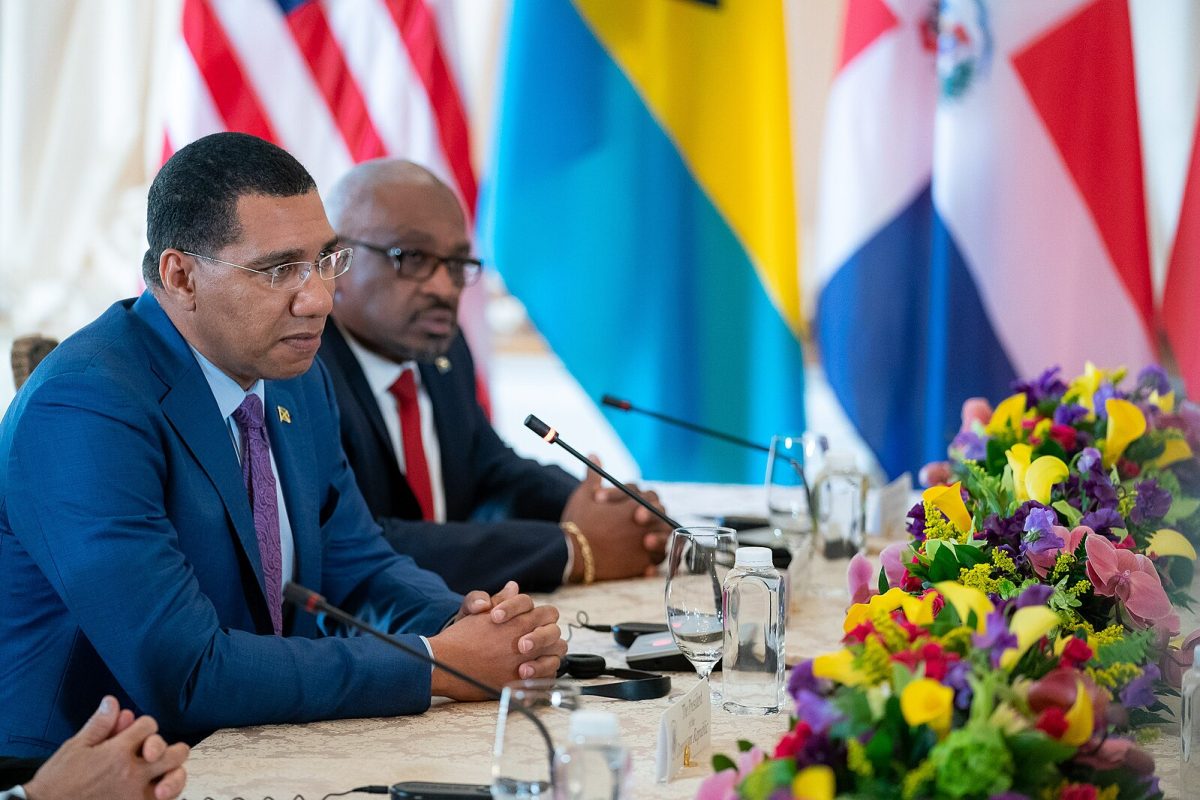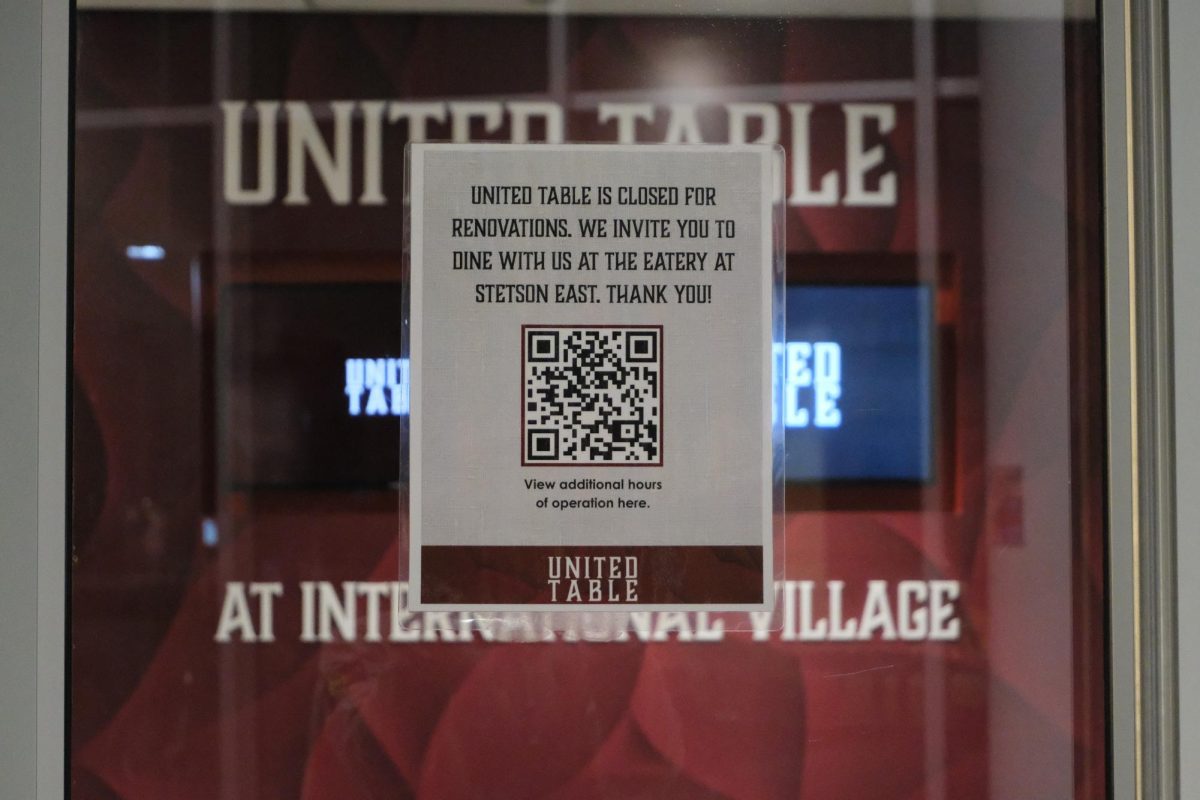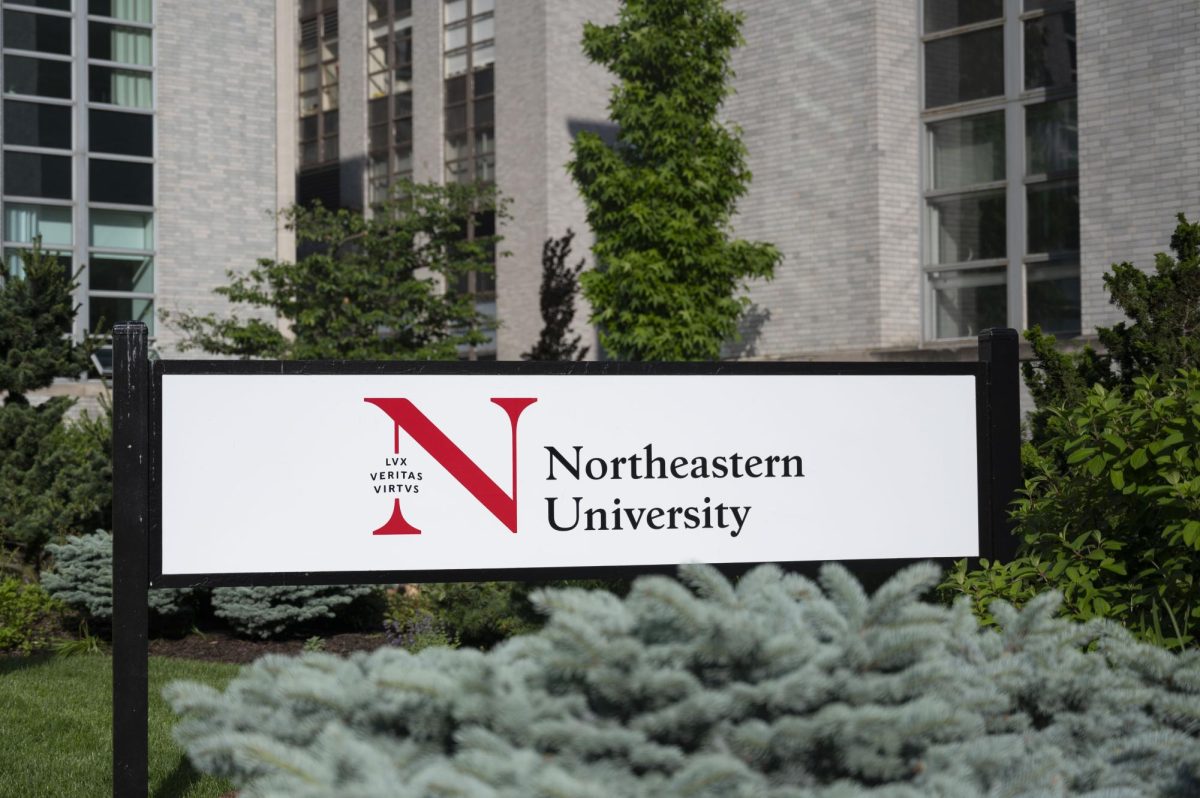Northeastern will no longer admit students into the athletic training (AT) program, a decision made yesterday by the Faculty Senate.
Thirty senators voted in favor of suspending admission to the program, while three senators abstained. No votes were cast against the motion, which was introduced by Louis Kruger, an associate professor of counseling and applied psychology in the Bouv’eacute; College of Health Sciences.
Senior AT major Lauren Ziaks spoke out against the suspension of her major on behalf of her classmates. Many of the 84 students who currently study AT attended the meeting, held yesterday at the Raytheon Amphitheatre.
“I’m disappointed,” Ziaks said after the meeting. “But I understand why, at this level, the faculty supported this.”
The motion had been previously discussed by the Faculty Senate at the April 9 meeting. At that meeting, discussion was tabled pending review by the Senate Agenda Committee. Students said they were not aware their major faced suspension until it was brought before the Senate.
Bouv’eacute; College of Health Sciences Dean Stephen Zoloth, who spoke at length about the college’s decision to move to suspend admission to the program, said administrators began to consider cutting AT a few years ago, largely because applicant interest in the program had been “relatively flat” in recent years and because the program was not a recipient for outside research funds. He also cited “strategic goals,” saying that funding AT took funds from other programs, like pharmacy, health informatics and physical therapy.
During Zoloth’s presentation, he cited the fact that AT has a retention of 60 percent compared to Bouv’eacute;’s 90 percent; AT graduates an average of 18 students per year with transfers; there are 84 total students in the program with an average class size of less than 19 students; and while the college’s applications have grown by 37 percent since 2004, AT’s have grown by 16 percent.
Ziaks said she wished she and other AT majors had a chance to have input on the possibility of suspension before the issue was first raised before the Faculty Senate, during the last academic year.
Zoloth assured AT majors that while new students would no longer be admitted into the program, their studies would not suffer.
“We have made assurances that students would get the programs they were promised when they came in,” he said.
After the Faculty Senate meeting, Zoloth called his commitment to that pledge “ironclad.”
There are four full-time faculty members in the athletic training program. None spoke at the meeting.
“The [AT] faculty wrote a note that said they did not support suspension, and of course I didn’t ask them to,” Zoloth said.
In an interview yesterday afternoon, AT Program Director Jamie Musler said the faculty would “remain deeply committed” to their students.
“I know I will continue to give 100 percent for my classes and my students,” he said.
Senior Nicole Lovejoy said she was skeptical that faculty and staff would want to stay at Northeastern with no future for the AT program.
“They kept saying it won’t affect our education but I have a hard time seeing that,” she said. “What’s going to make the staff want to stay here? They could be looking for another job knowing they won’t have one [soon].”
Other students, like Chris Androski, co-president of the Athletic Training Club, shared those concerns. He said he was also concerned about the value his degree would hold after graduation.
“It also doesn’t look good to come from a school that no longer has the program,” he said.
Economics Department Chair Steven Morrison, who chairs the Senate Agenda Committee, said Provost Stephen Director was out of Boston and unable to attend the Senate meeting. He read a statement from Director that reflected his view that colleges should have more direct control over their programs.
“In my view it is important that colleges and schools have significant latitude in closing programs when deemed necessary,” Director said in his statement, read by Morrison. “It is always more exciting to start a new program. But unless we allow units to make the difficult decision to close a programs when conditions warrant it, we will never have enough resources to start new programs that may be more appropriate at any given point in time.”
Chris Hopey, dean of the College of Professional Studies (CPS), said AT faculty will have academic and professional opportunities at CPS. Some were offered stipends to develop degree programs for the school.
“We’ve met with the AT faculty, and we’re very impressed with them,” he said. Faculty members who moved to CPS would likely not work in “a pure AT program,” he said.
Ziaks was the only student to speak at the meeting. She stressed that her peers were among the top students in the university.
“As we have previously expressed to the Faculty Senate, our AT education program is amongst the top in national ranking, critically involved throughout Boston and our country, and has a board of certification passing rate more than three times the national average,” she said. “Our students epitomize academic excellence and leadership.”
AT students spend time working with Northeastern sports teams, but Zoloth said Athletics Director Peter Roby was confident athletes would continue to receive necessary support.
Ziaks criticized President Joseph Aoun, who does not regularly attend Senate meetings and was not present yesterday, for knowing little about the decision to suspend admission to the AT program. She recalled an incident where Androski asked Aoun about program cuts and strategic planning at the President’s Forum meeting earlier this semester.
“Had our president been informed,” she said, “he would have known that this movement was not for a small fading program, but one with faithful faculty, extreme potential for growth, strong students, and a deep appreciation from the majority of Bouv’eacute faculty and all of those impacted by our clinical and co-Boston Private Industry Council rotations.”
Jack Reynolds, dean of the School of Pharmacy and an associate dean in Bouv’eacute;, lamented cutting the program, but acknowledged it was necessary.
“It’s never easy, and the timing is never right,” he said.
– News staff Kate Augusto contributed to this report.








